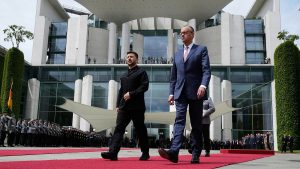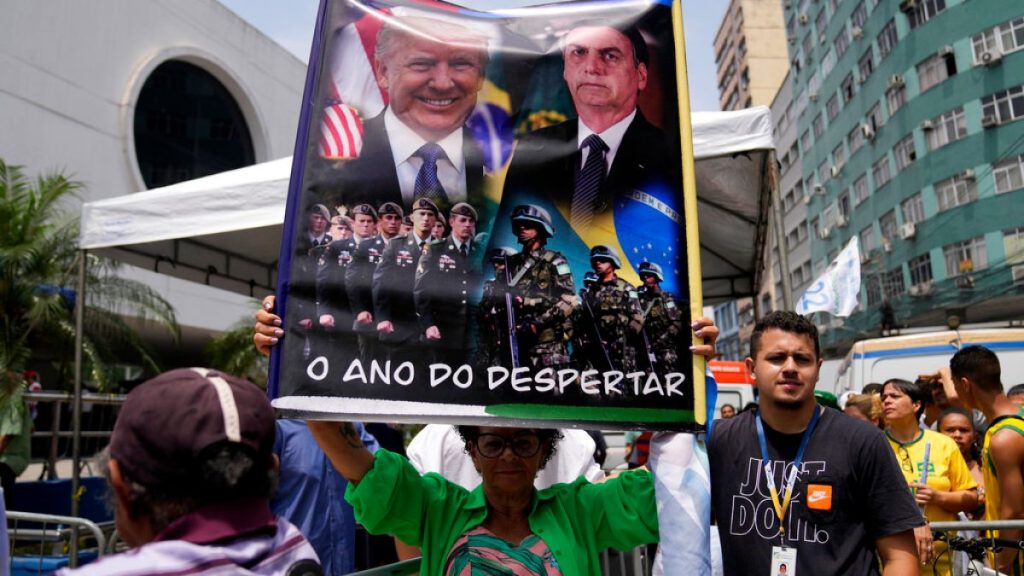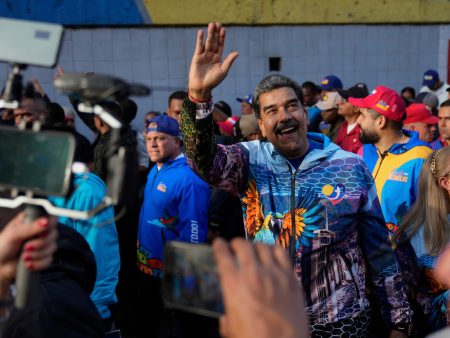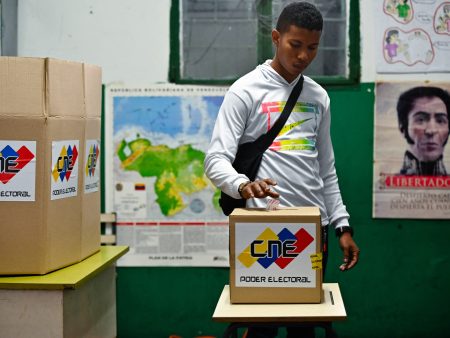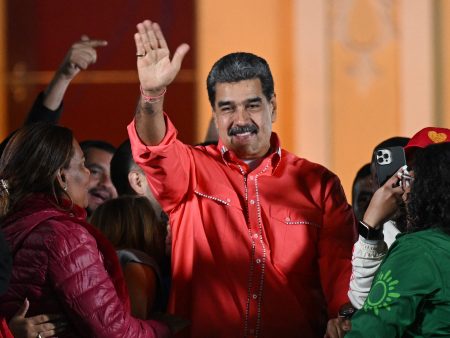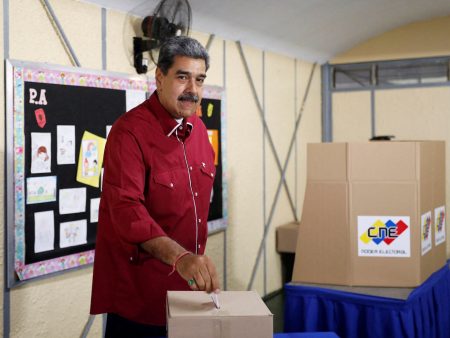The return of Donald Trump to the US presidency has sent ripples of anticipation and apprehension across the globe, but perhaps nowhere more so than in Latin America. Trump’s “America First” agenda, coupled with his unpredictable foreign policy approach, raises significant concerns about the future of US-Latin American relations. His previous term saw a marked shift towards transactional diplomacy, often utilizing tariffs and threats to pressure countries into aligning with US interests. This precedent, combined with his recent campaign rhetoric, suggests a potential resurgence of similar tactics, potentially exacerbating existing tensions and creating new challenges for the region.
One of the most pressing concerns centers around Trump’s stance on immigration. His hardline approach, characterized by border wall construction and stricter enforcement measures, could be further amplified in a second term. Coupled with his stated intention to leverage Latin American countries to stem the flow of migrants, this could lead to increased pressure on regional governments to implement restrictive policies, potentially at the expense of human rights and regional stability. Furthermore, Trump’s focus on bilateral negotiations and disregard for multilateral agreements could undermine existing regional cooperation mechanisms aimed at addressing migration challenges collectively.
The economic implications of a Trump presidency are equally significant for Latin America. His predilection for tariffs, seen as a tool to protect domestic industries and exert leverage over trading partners, could disrupt established trade flows and negatively impact regional economies. Mexico, in particular, is vulnerable given the interconnectedness of its economy with the US. The threat of renewed tariffs could strain bilateral relations and destabilize cross-border trade. Furthermore, Trump’s confrontational approach to China and his potential efforts to discourage Latin American engagement with Beijing could force countries to choose sides, complicating their economic and political relationships.
Beyond economics, Trump’s return could have profound implications for democracy and human rights in the region. His apparent affinity for right-wing leaders, coupled with a perceived disregard for democratic norms, raises concerns about potential US support for authoritarian tendencies and a weakening of US commitment to promoting democratic values. This is particularly alarming in countries with fragile democracies or ongoing political instability. The possibility of reduced US pressure on human rights issues could further embolden governments with questionable records, leading to a deterioration of human rights protections and an increase in political repression.
Security concerns also loom large in the context of a second Trump term. His past rhetoric suggesting military intervention in Mexico to combat drug cartels, while controversial, cannot be dismissed as mere bluster. Such an action would be a severe breach of Mexican sovereignty and could destabilize the region. Furthermore, Trump’s focus on hardline security measures and collaboration with leaders known for their authoritarian tactics could exacerbate existing security challenges and undermine efforts to address the root causes of violence and instability. This approach could inadvertently empower criminal organizations and further militarize the region.
The overarching concern for Latin America is the potential for increased US unilateralism and a disregard for regional cooperation. Trump’s transactional approach to foreign policy, coupled with his skepticism towards multilateral institutions, could erode existing partnerships and undermine efforts to address shared challenges collectively. This could lead to a more fragmented and unstable region, with countries increasingly forced to navigate complex geopolitical pressures and competing interests. The challenge for Latin American countries will be to find ways to engage effectively with a Trump administration while safeguarding their national interests and promoting regional stability and cooperation.

